Zsuzanna Gahse’s strange and eloquent meditation on the question of what, or rather, who “Europe” is has only become more relevant over the course of the past year in politics. Gahse’s Europe is the continent that shares her name with a princess abducted by Zeus. “Europe consists of its disintegration,” she writes. Gahse’s writing is all the more relevant for not being “topical”: these prescient thoughts on Europe’s disintegration date from 2004, the year of the EU’s most ambitious expansion. Her Europe is composed of a collection of accents, languages, and landscapes, “a collection of mountain ridges wrinkling the earth.” It’s an Europe for travellers, migrants, and lovers.
Her first book to be published in English comes out this month with Dalkey Archive in Chenxin Jiang’s translation. The translator and writer spoke shortly before the book’s release.
Chenxin Jiang (CJ): The Süddeutsche Zeitung wrote of you a few days ago: “As a master of short prose, she has become a truly European author.” Is the short prose form central to your being a European author?
Zsuzanna Ghase (ZG): Short compact narratives and even individual sentences can be memorable and indeed arresting. Whether in prose, poetry, or drama, these types of writing have a remarkable role to play in the modern world, and the endless (serious and unserious) ways of playing on them constitute an experimental challenge. As for being a European author, I certainly am one, in that I don’t focus on any one country (or my so-called “own” country) in my books, but am interested in many different countries.
CJ: In what sense are the pieces in Volatile Texts part of what the first piece would call “a collection”?
ZG: The word “collection” only applies to the first piece in the book and the pictures of Europe it presents. Europe can be described as a collection of various customs and histories, different languages, climates, political arrangements and so on; a collection that is both well- and less-than-well-developed. You could spend a long time surveying the cuisines alone. All that taken together is Europe: in other words, a collection.
But the individual pieces in Volatile Texts are carefully composed. As such, they do not constitute an arbitrarily assembled collection—hence the subtext of Europe that runs throughout. The fact that a Hamburger can become a Roman and a woman from France an American in one of the Volatile Texts speaks to the porousness of identity, to the existence of a collection of identities.
CJ: In Volatile Texts, you write that “languages [are] shaped by landscape, by topography.” How has your own attentiveness to language and your writing been shaped by living in Switzerland?
ZG: In the mountains, in order to make yourself understood between the cliffs, you need a different voice from the voice you’d use on the plains. It must be true in the Rockies too, that voices have to prevail against the mountains. Conditions are different on the tranquil plains: for instance, in windswept northern Germany, I’ve observed that people talk with a distinct singsong, so that the wind doesn’t take all their syllables and sounds with it. The striking number of phonological shifts in Swiss German, which might have to do with the topography of the landscape, has always interested me—not to mention the fact that Switzerland has four languages. Because of these linguistic boundaries and the different regions within Switzerland, I began playing with the idea of depicting Switzerland, of all places, as Europe—since, as you know, Switzerland is part of the continent but not part of the EU.
READ MORE…



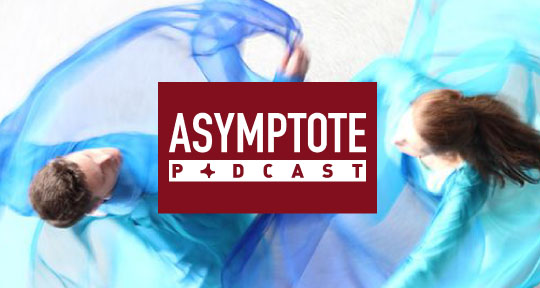
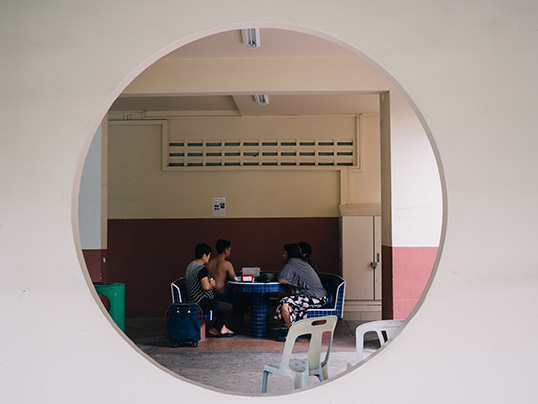
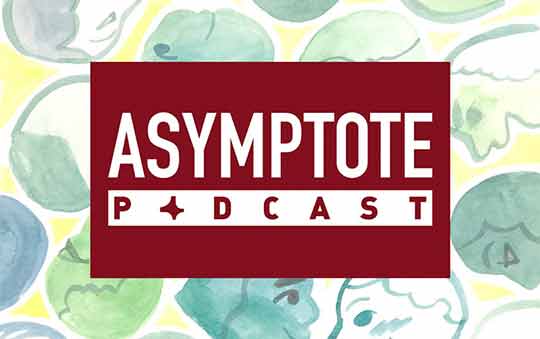

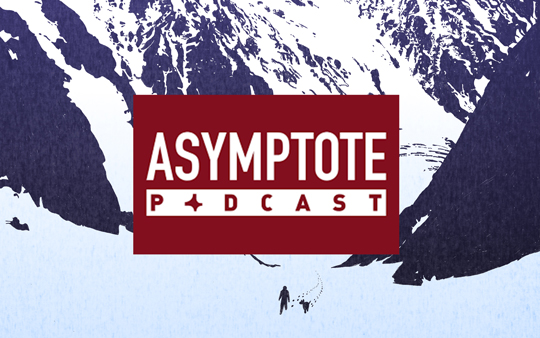
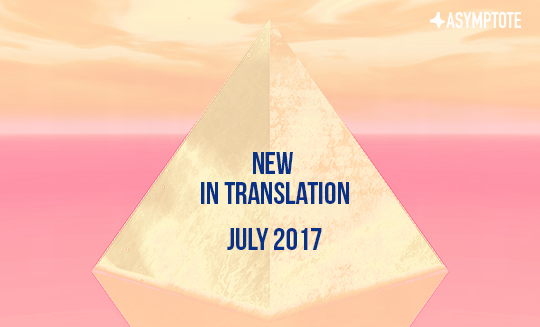
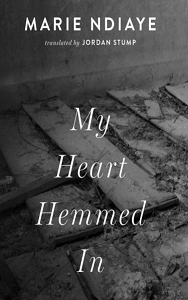
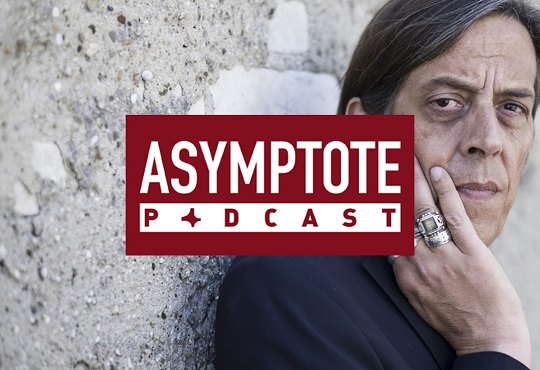

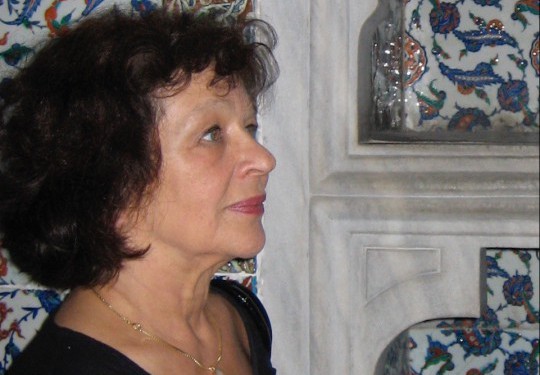
Translation Tuesday: “The Results” by Bernard Comment
"Jealousy is always a weakness, an uncertainty, a lack of confidence, every other person is a competitor, a threat."
On a check-up at a health clinic, a father and husband’s interactions with doctors are punctuated by reminiscences of love and lust for his wife. Gradually, we learn of a chilling act of violence, which leads the protagonist to a twisted reckoning with his mental and physical condition.
It’s cold. A cold that bores into you, that hasn’t let up for days, despite the big woollen jumper I never take off, even at night. Carlo tells me I should take it off for sleeping, and wrap myself up well in the blankets, so that when I get up I would add a garment to make up for the change in temperature, but one evening I tried this and my teeth chattered all night. The other men I see at lunchtime don’t seem to suffer, there’s even a guy who always walks around in a T-shirt, but admittedly he’s a burly fellow, well-padded against the cold.
The doctor made me go back to him this morning, after fasting, he wanted to do further tests, two whole syringes filled with blood, I asked to lie down because I’m always afraid of turning to look, and it’s much worse if you get to see it. The nurse smiled, although I couldn’t tell if it was from pity, sympathy, or scorn. She had difficulty finding the veins, it’s always the same, I begin to tense up, to sweat at the temples, I become dizzy and pale; when I was a teenager I passed out each time, and once I fell backwards and hit my head on a sink, was sent straight to hospital for a battery of tests, a lumbar puncture, and an idiot teacher spread it around that I’d taken an overdose, me who’s never touched the tiniest amount of an illegal substance, for fear of my reaction, and my scrupulous respect for the law.
When I had the first tests, eight months ago, the lady in the laboratory was very considerate, settling me into an armchair and telling me to look away, and to think of something pleasant; so I thought about the film I’d watched the night before, with Julie, her warm body, her breasts in my hands, her smell after making love. Then it was finished, and already I had a piece of cotton wool and then a sticking-plaster on top, whereas here everything is rougher, more brutal. I’ve been waiting for twenty minutes, standing in front of the grey door. They came to get me around six o’clock. Immediate appointment. Everything moved fast, then the iron door in the corridor clanged shut behind me, with a heavy ringing sound, and since then, nothing. The doctor must be on the telephone, I hear his voice at times, a powerful, raucous voice, but I don’t understand what he’s saying, the rooms are well insulated. I’d love to smoke a cigarette, it’s what I’ve been brooding about for a full five minutes, it’d do me good, would relax me, smoking a cigarette.
READ MORE…
Contributors:- Bernard Comment
, - Carolyne Lee
; Language: - French
; Place: - Switzerland
; Writer: - Bernard Comment
; Tags: - clinic
, - condition
, - family
, - french
, - health
, - hospital
, - love
, - lust
, - marriage
, - Short Story
, - Swiss